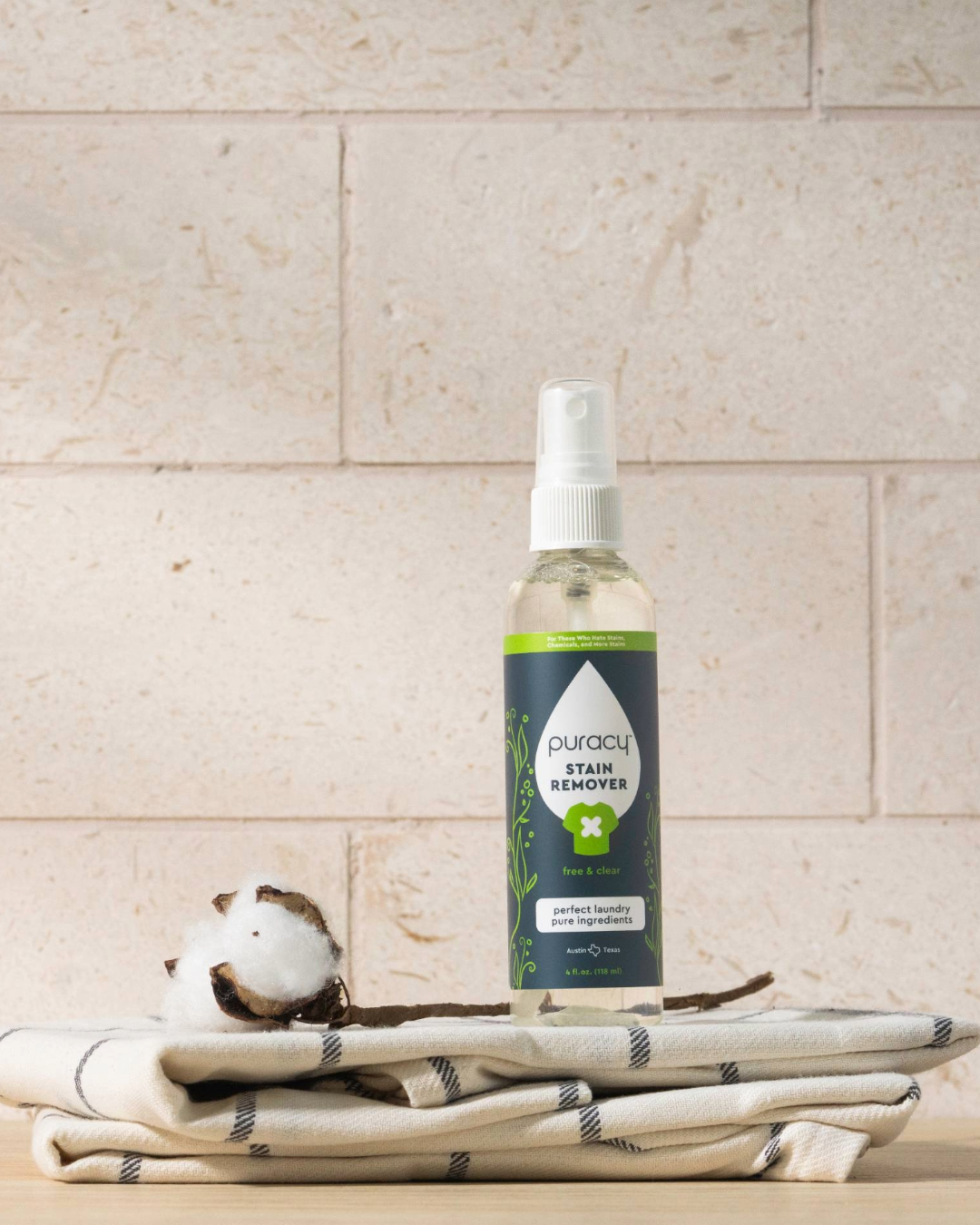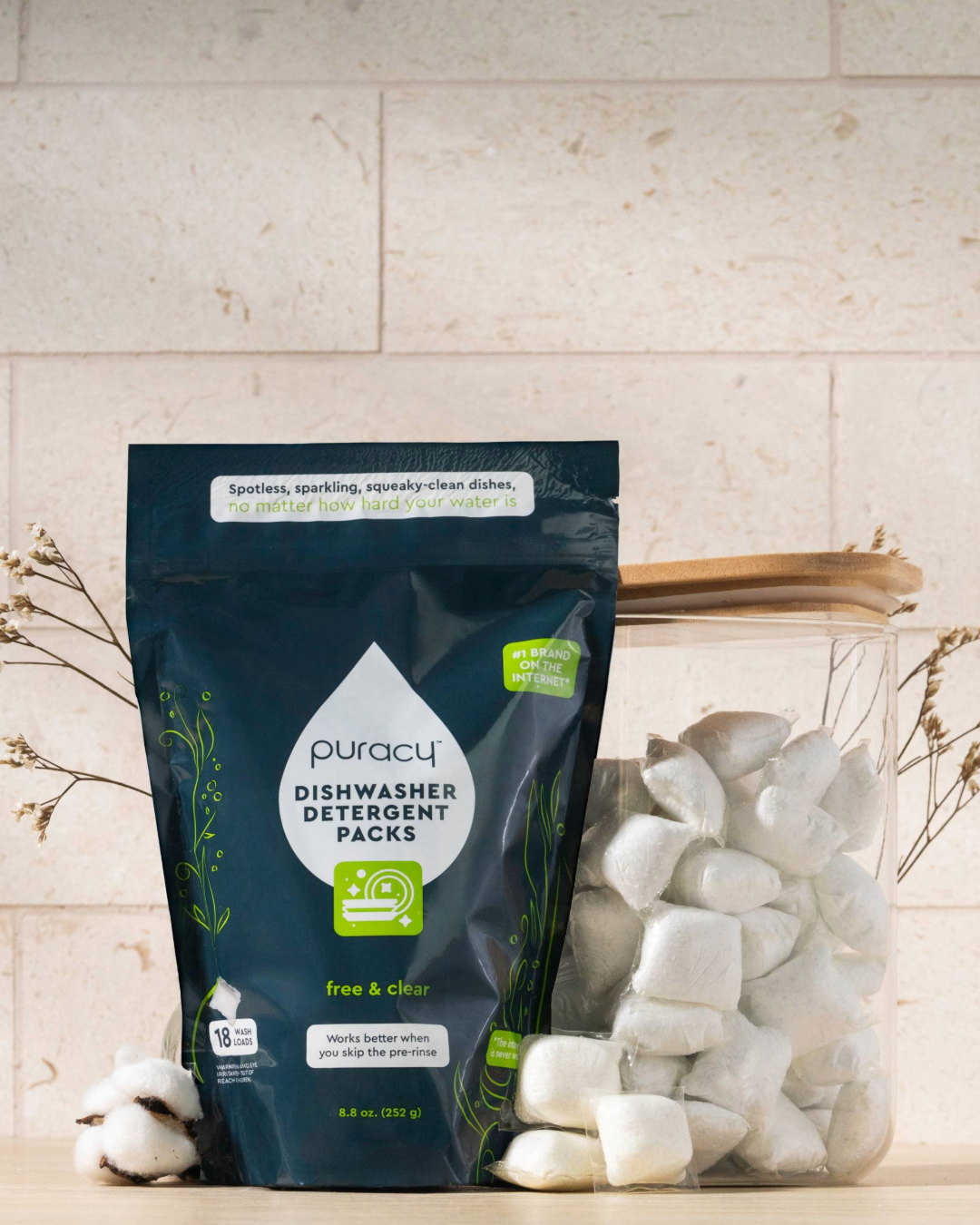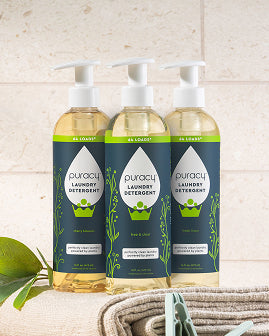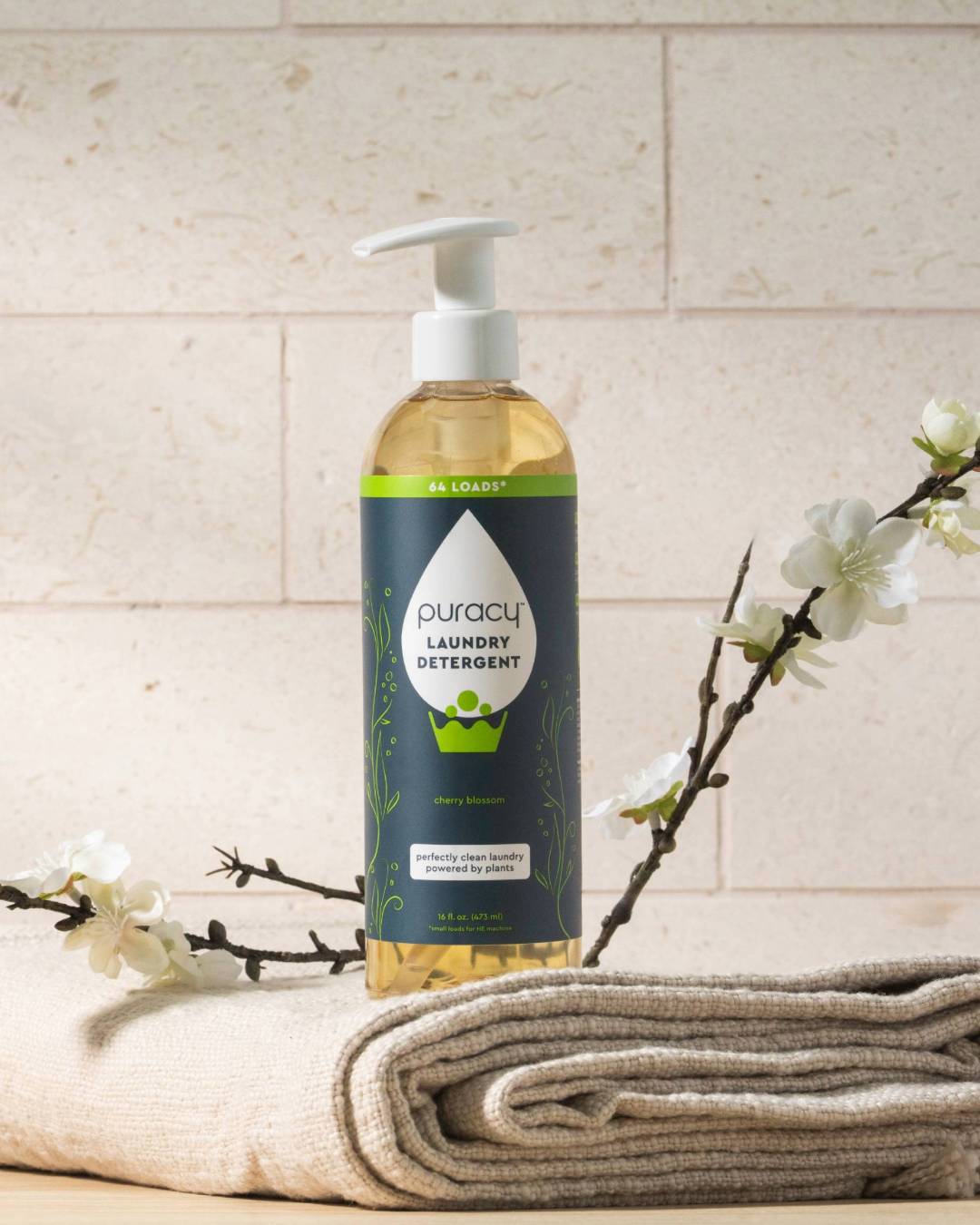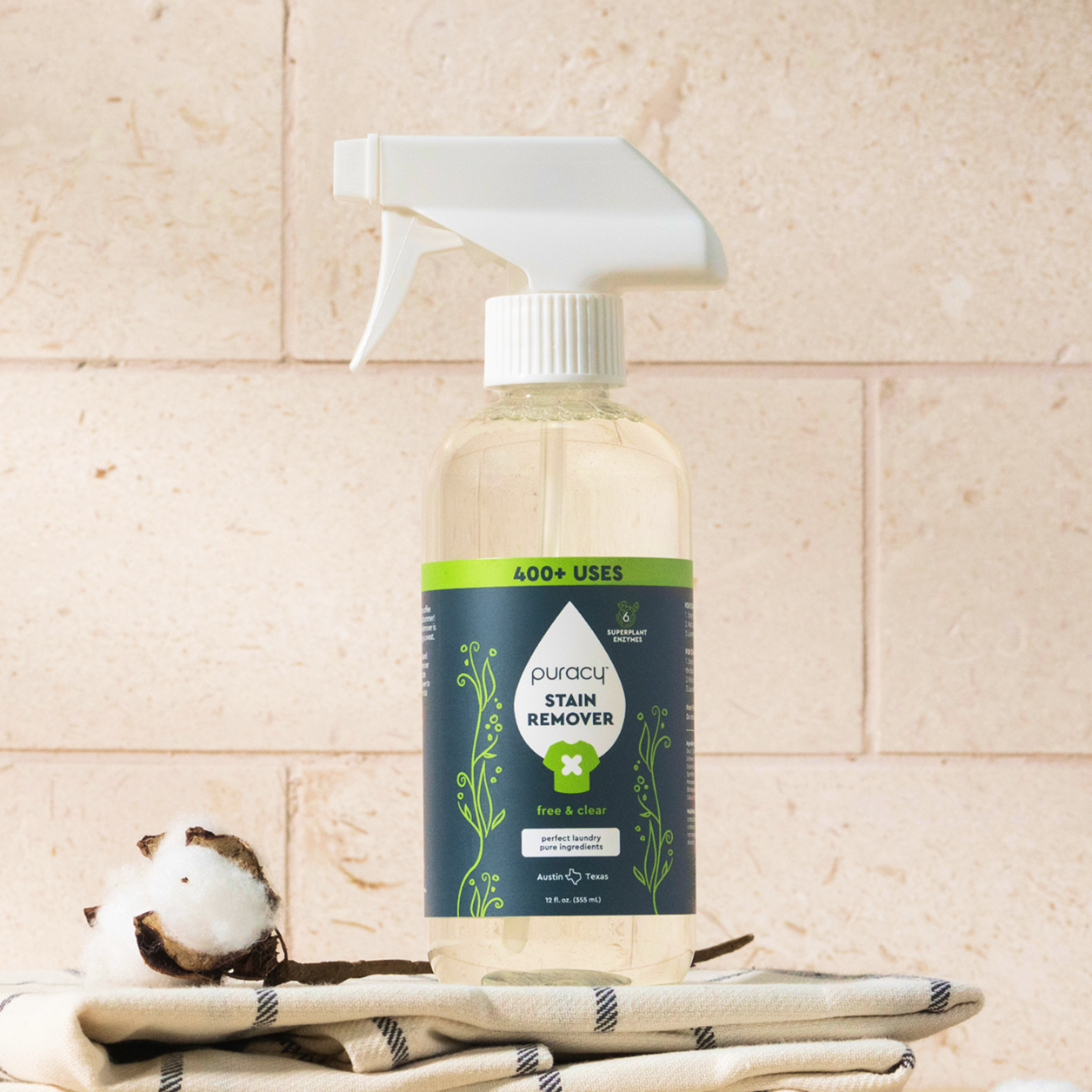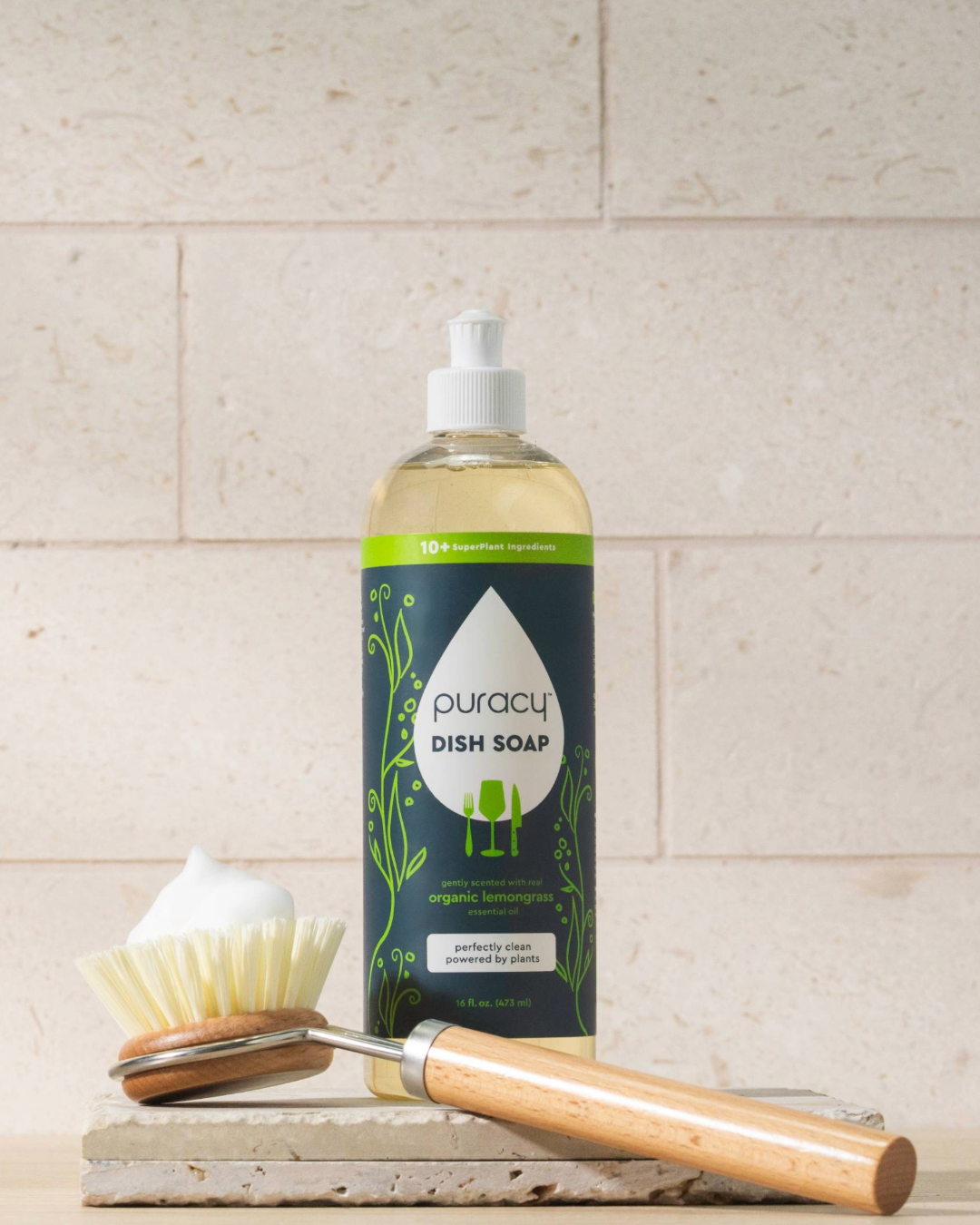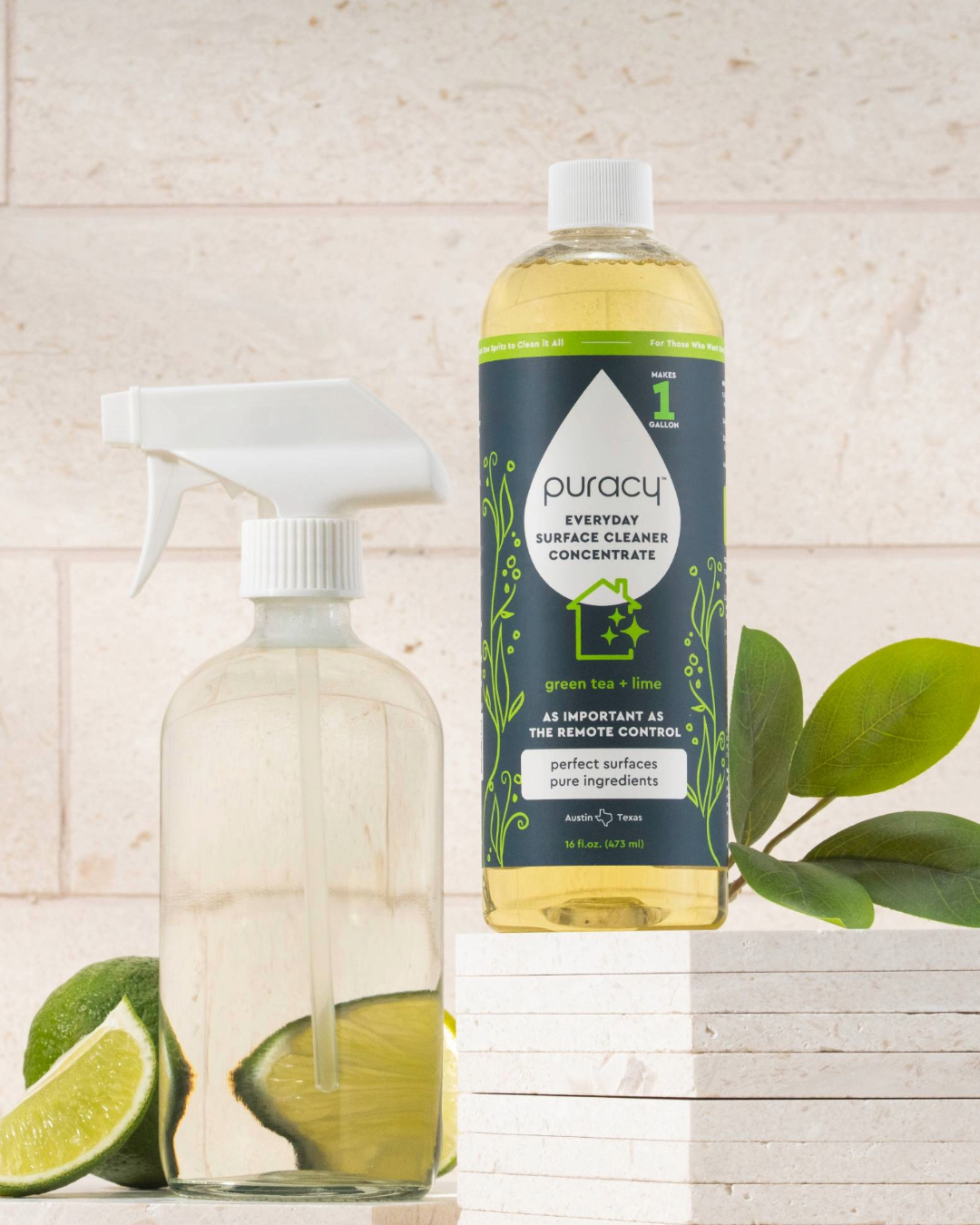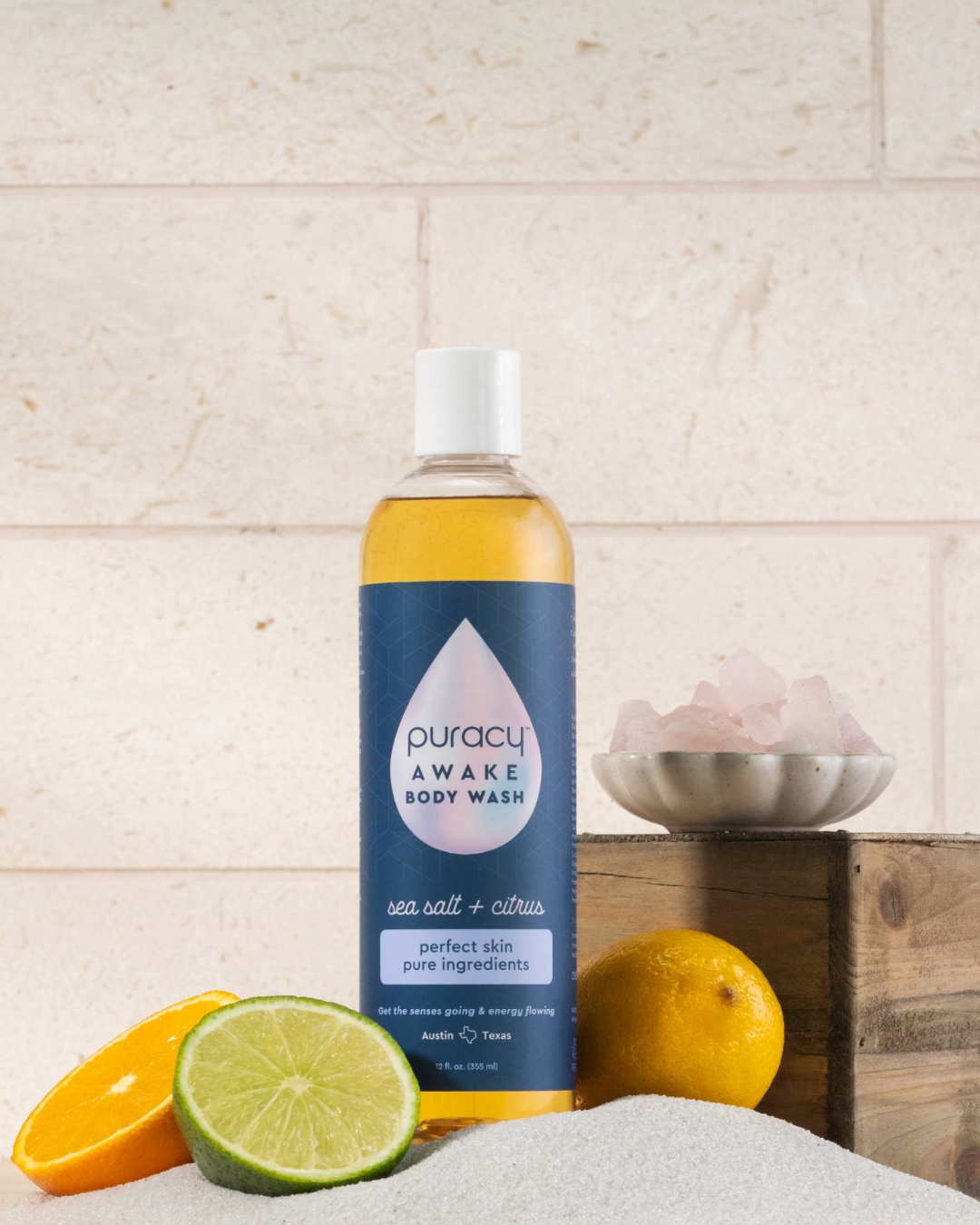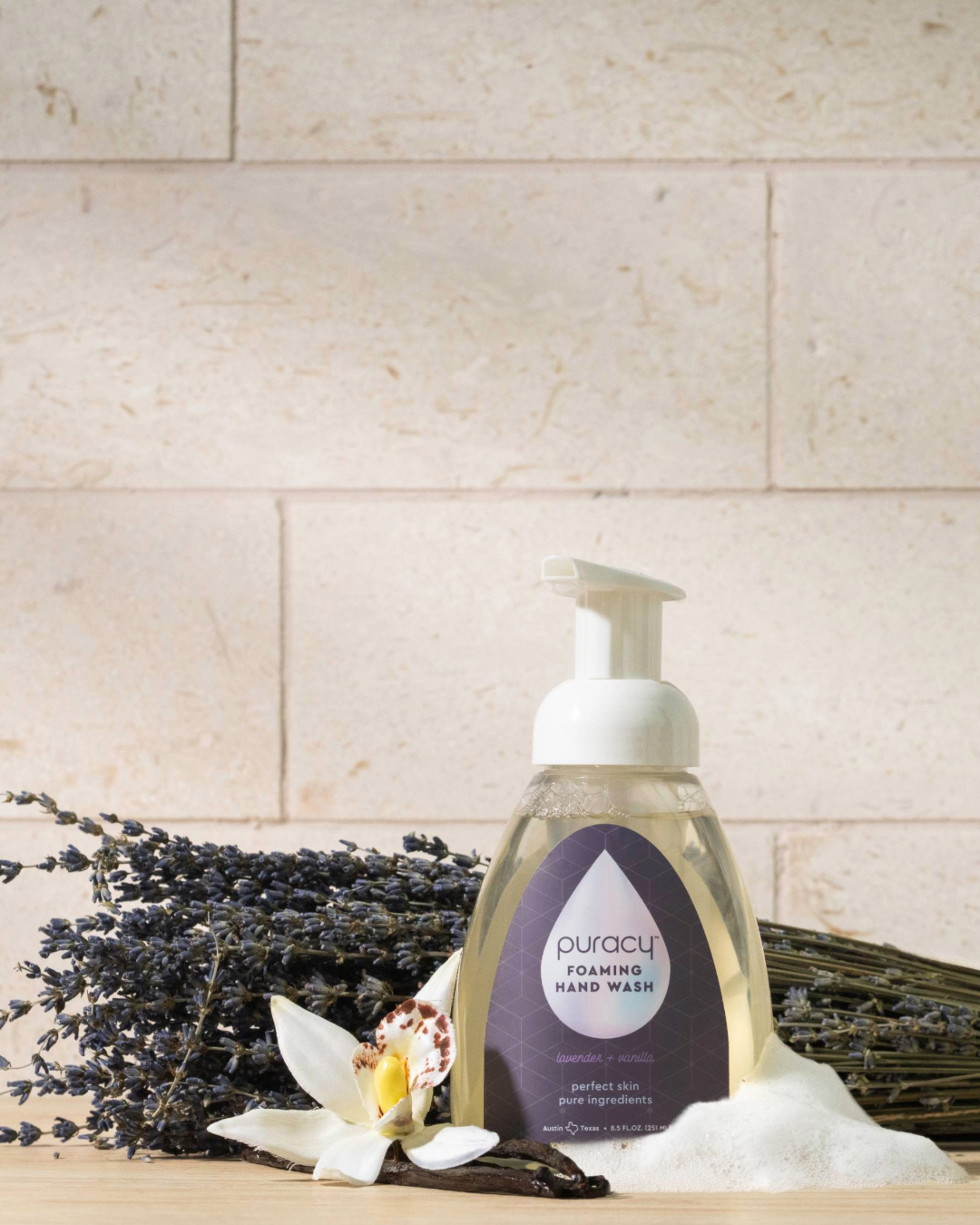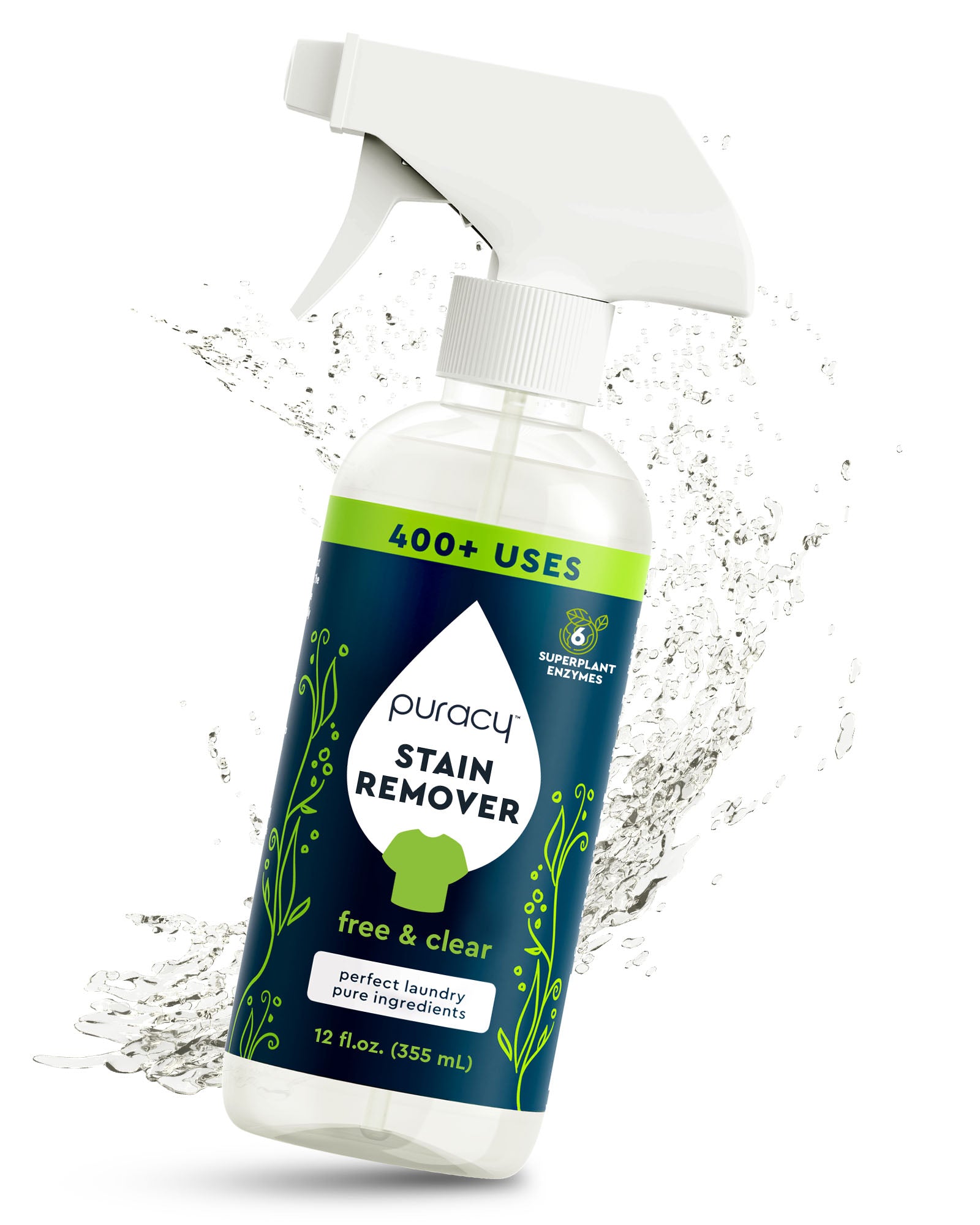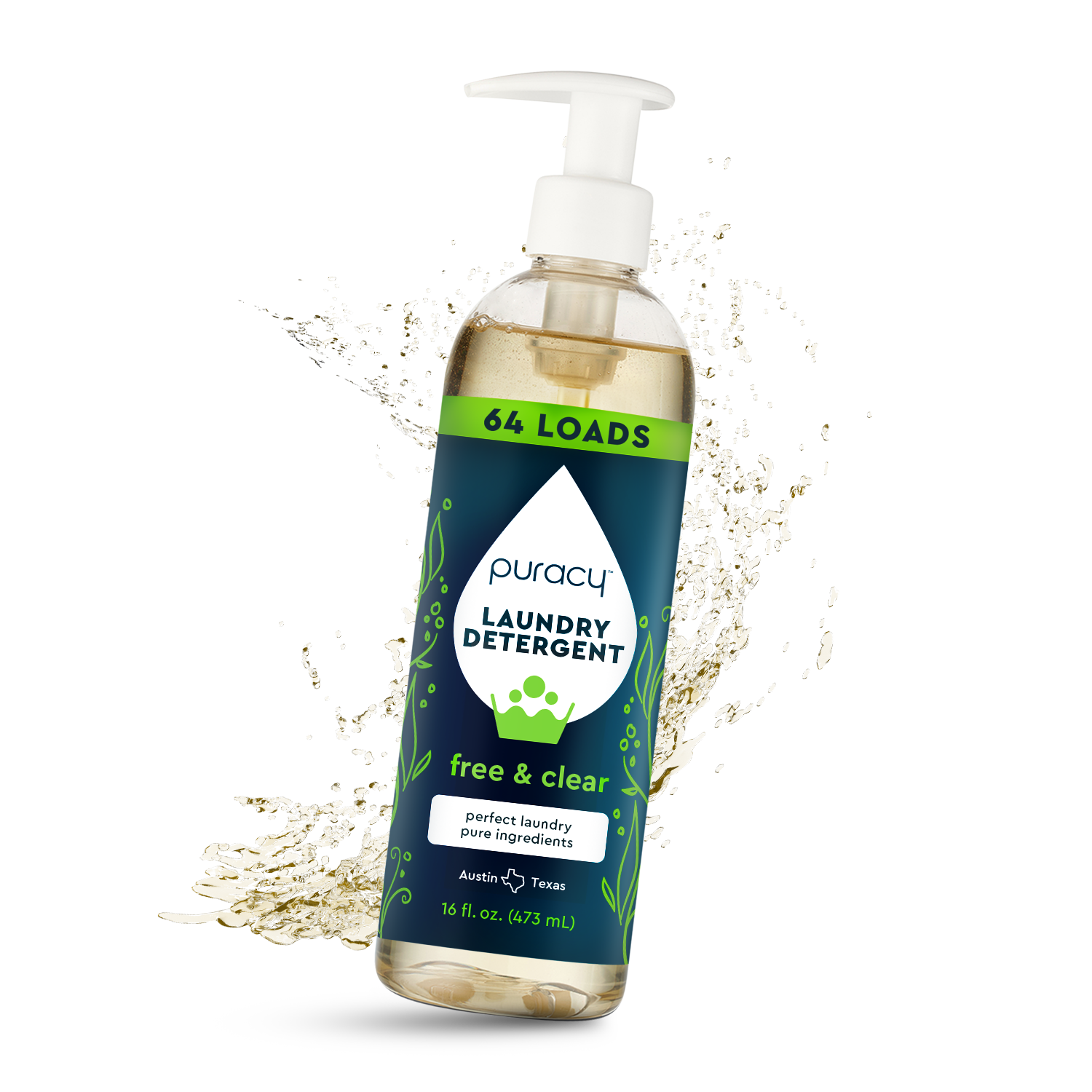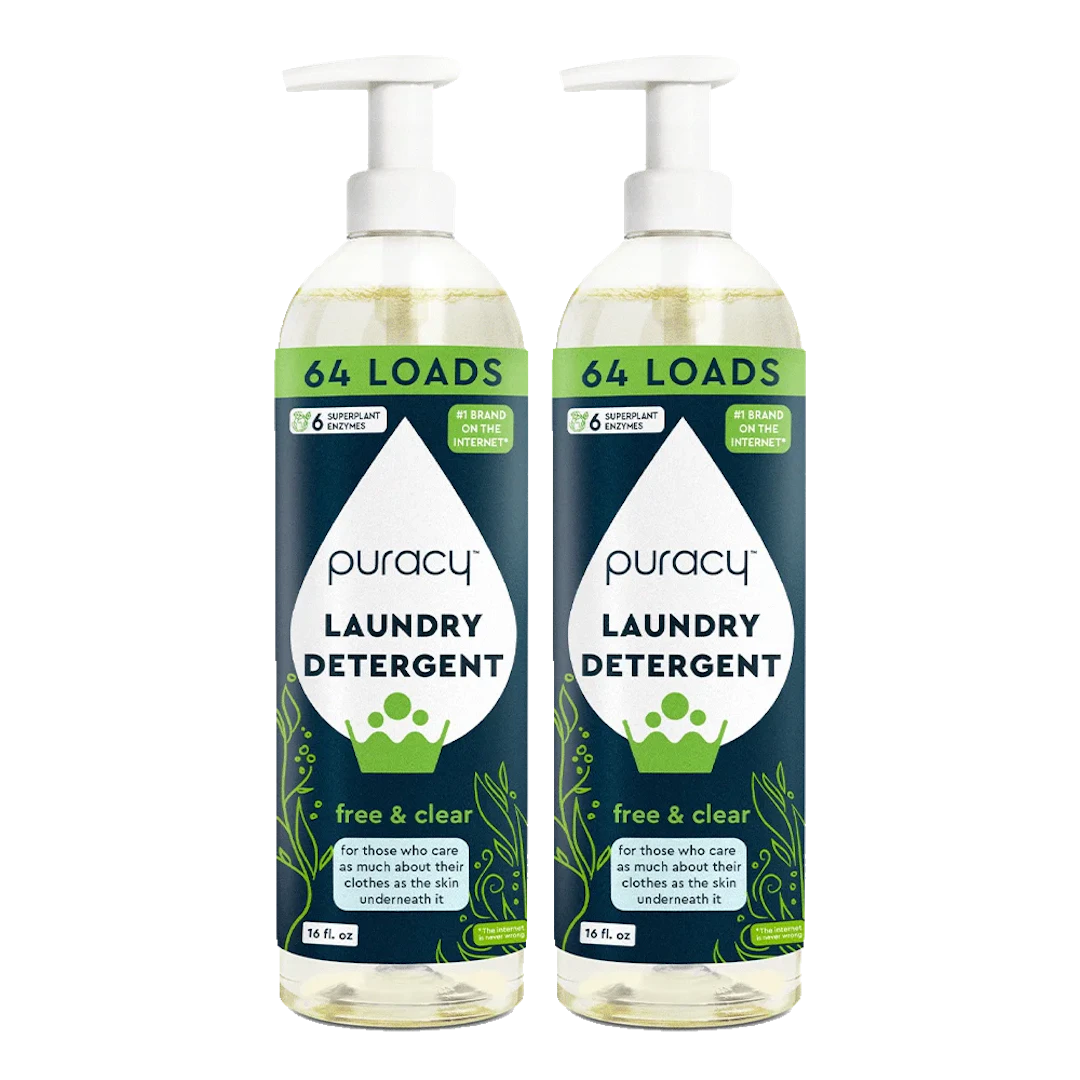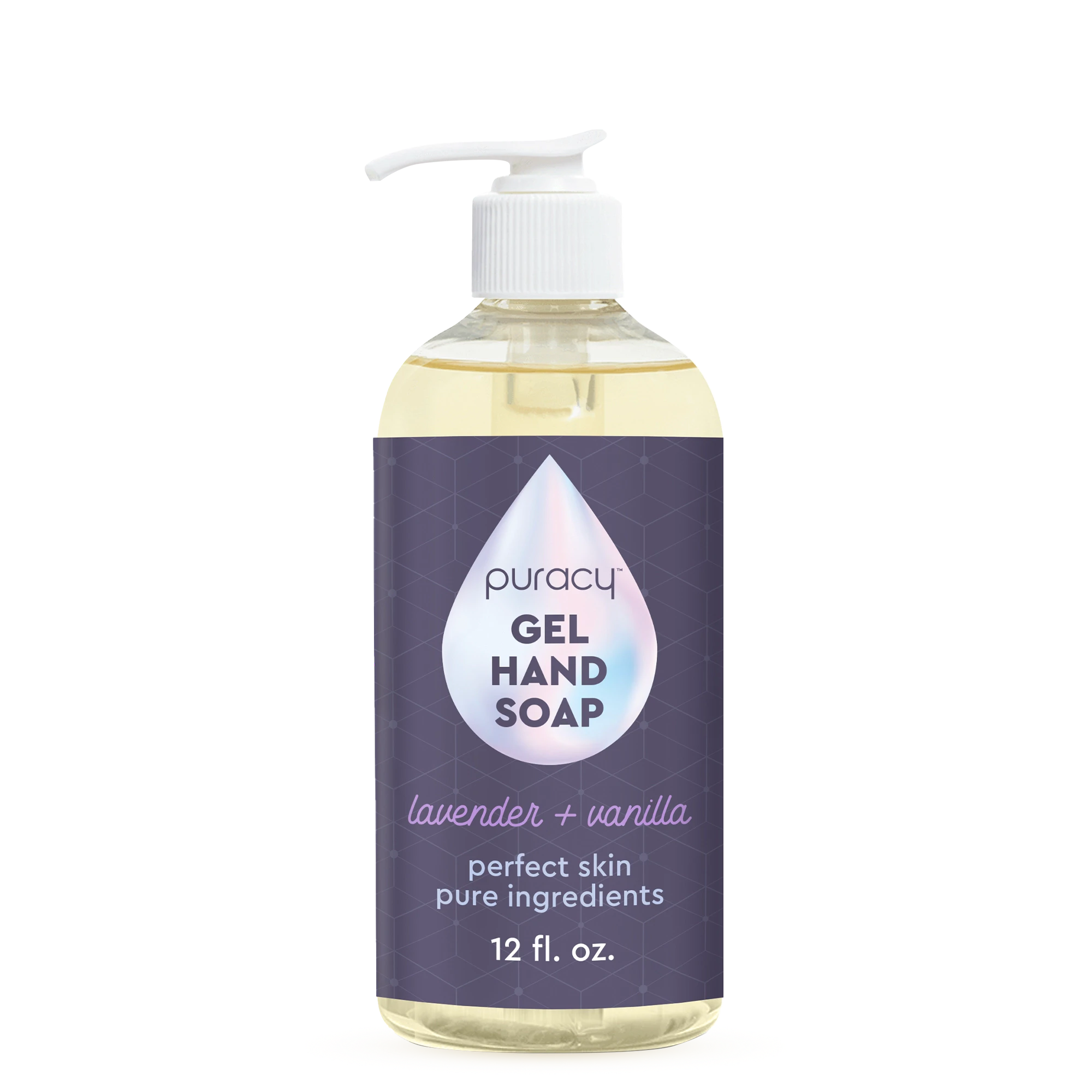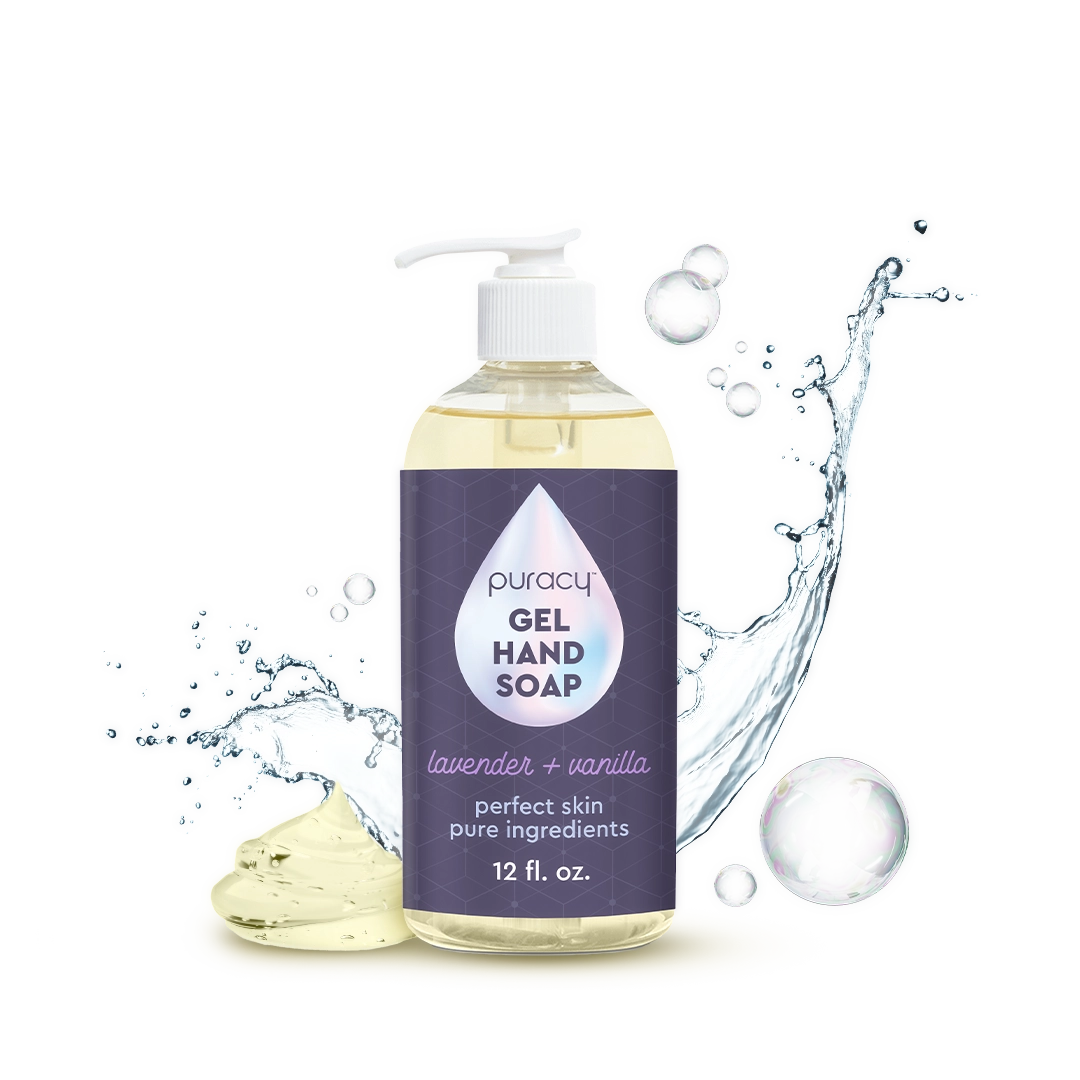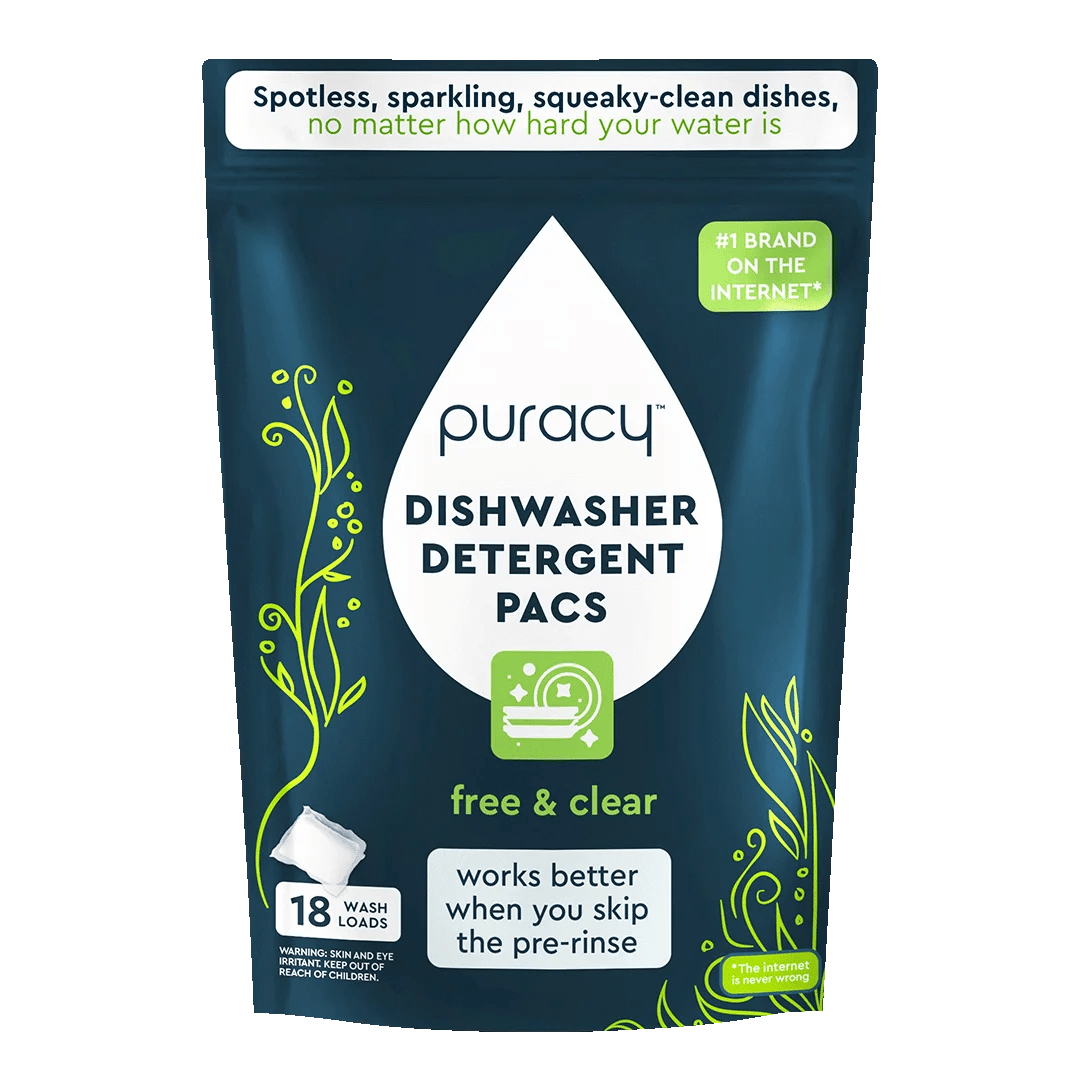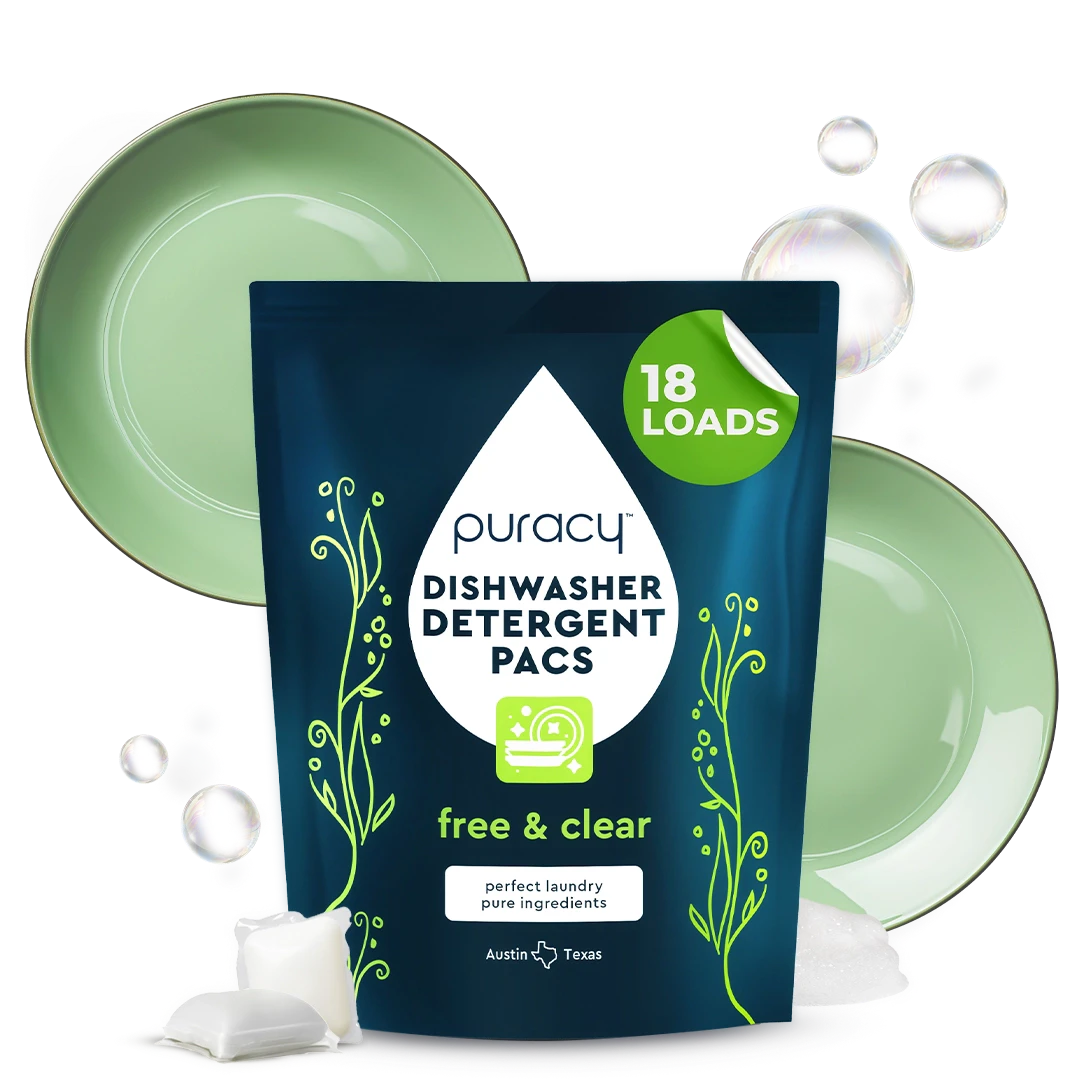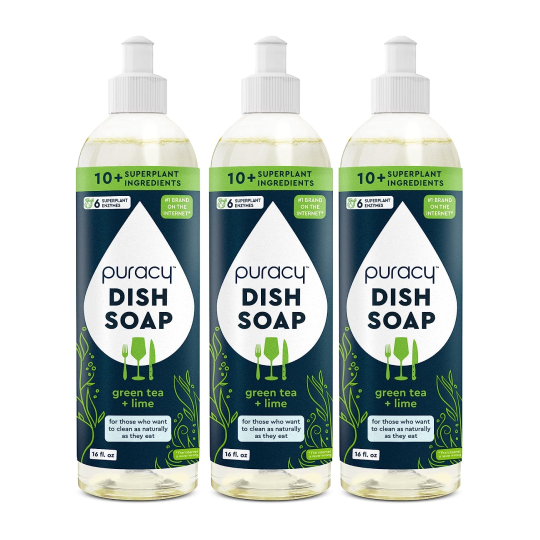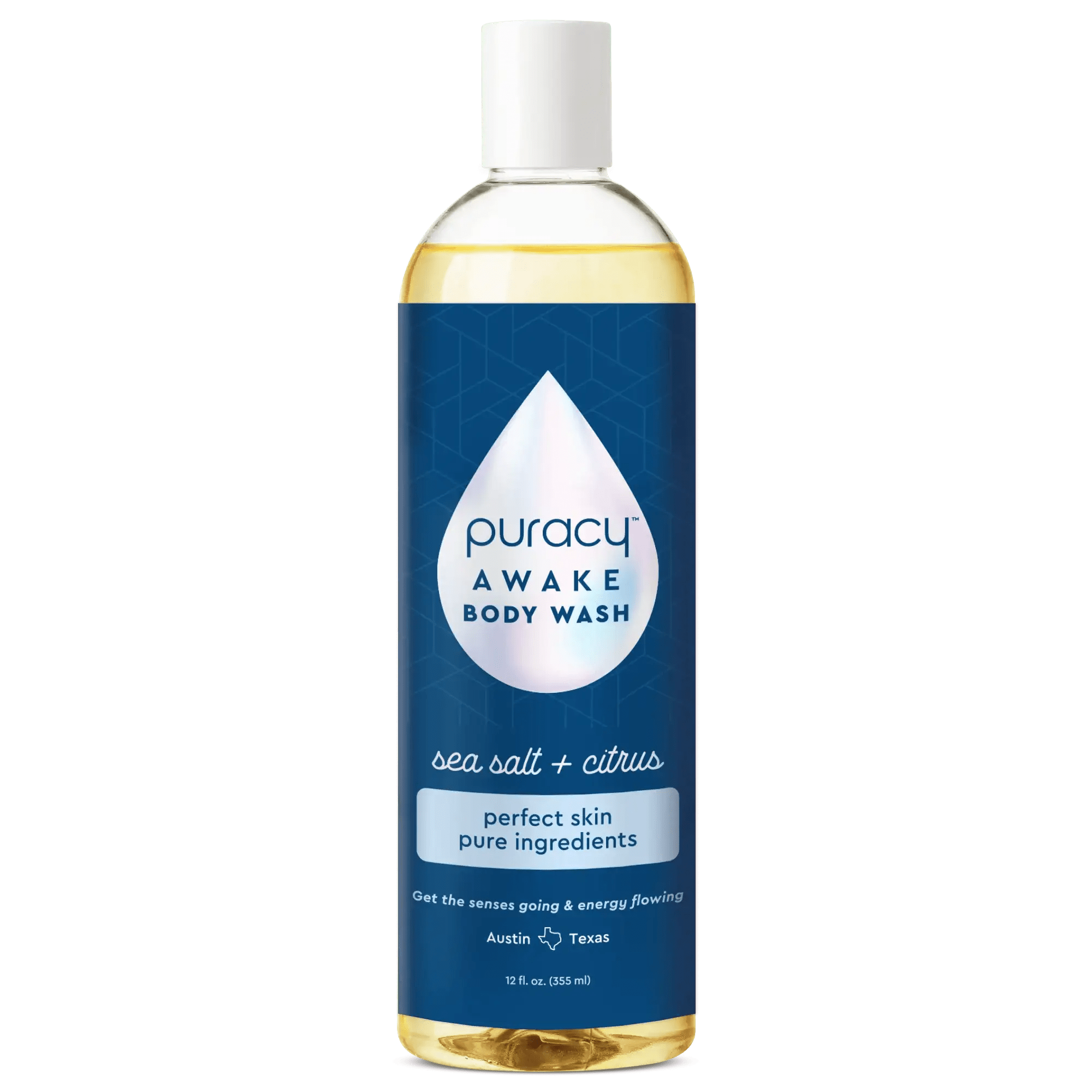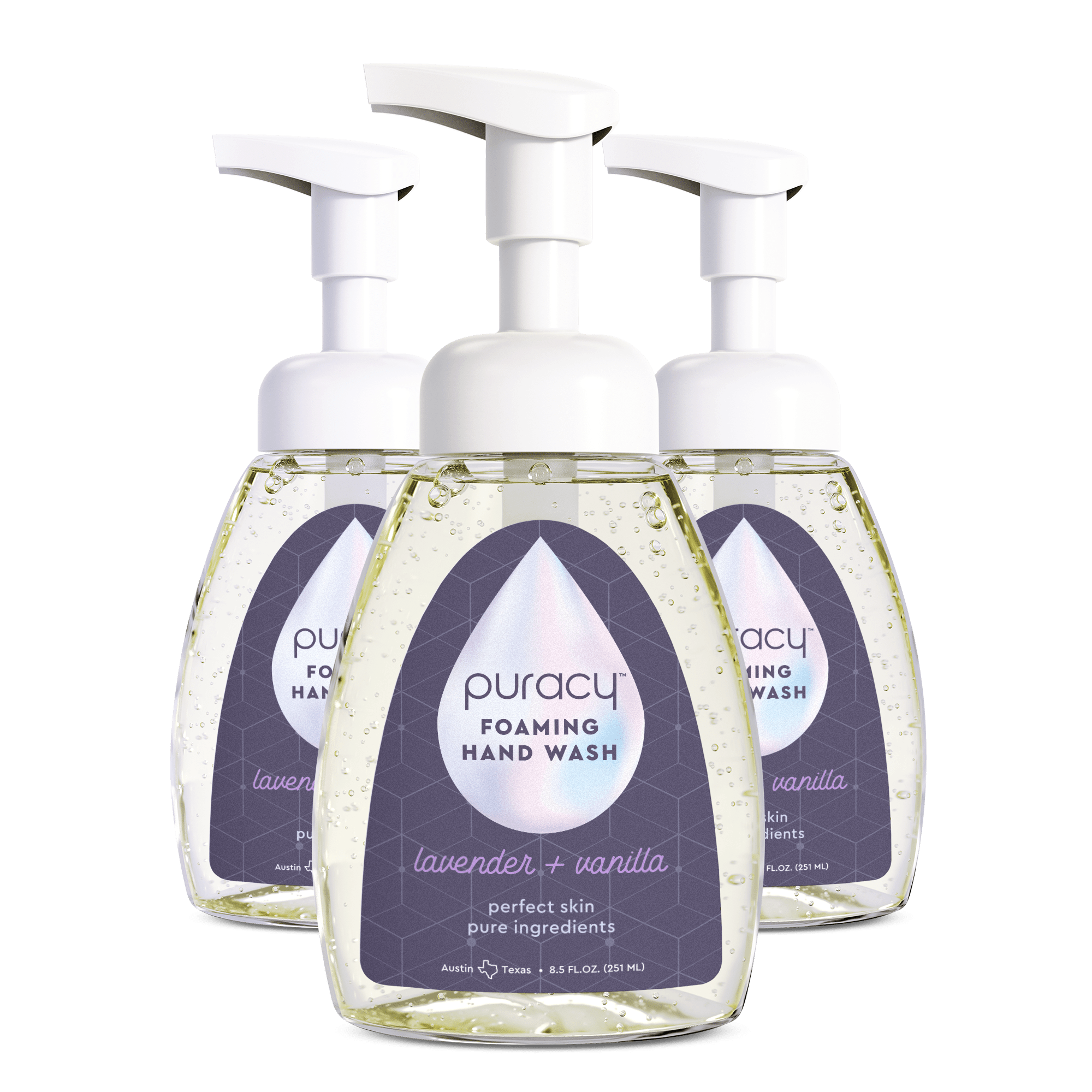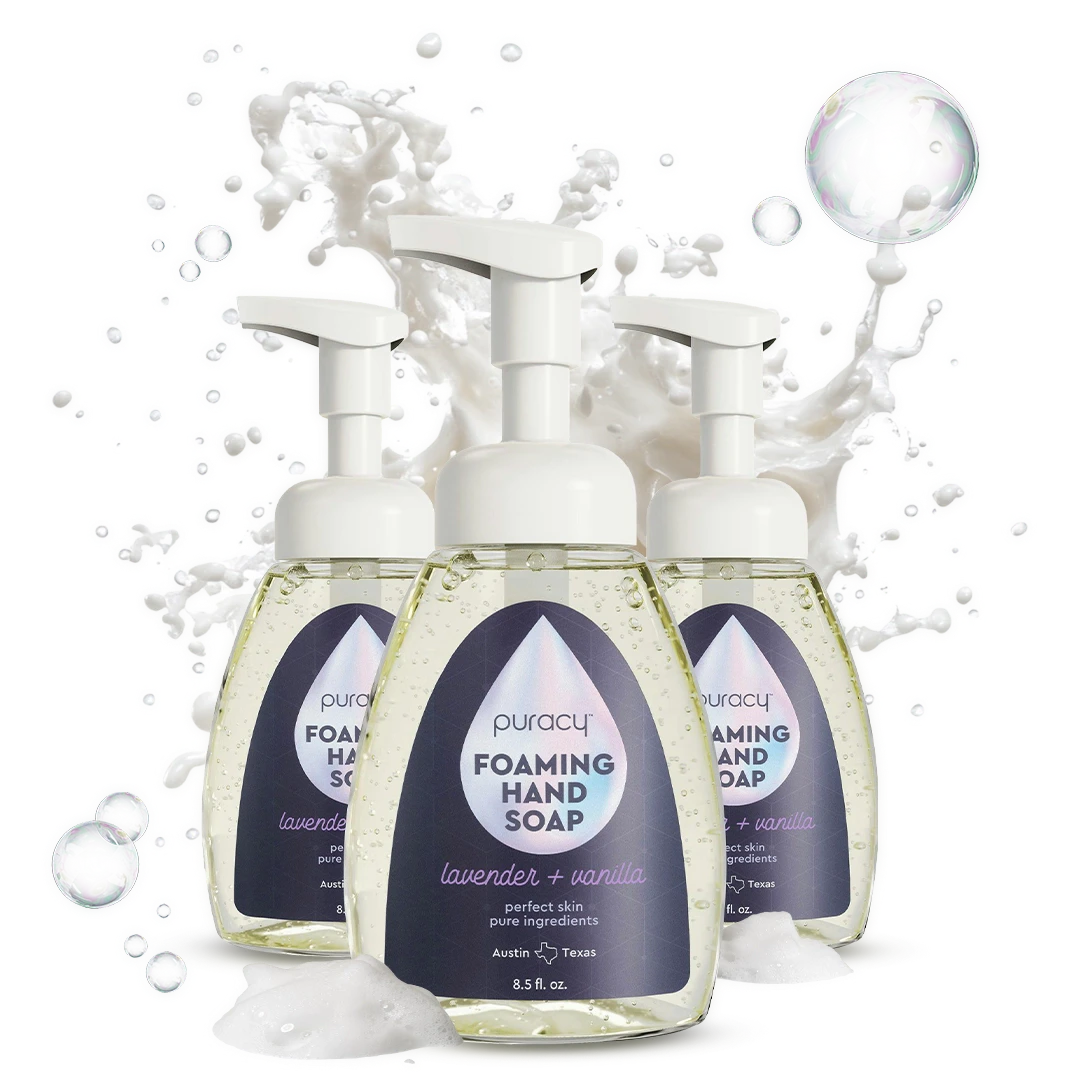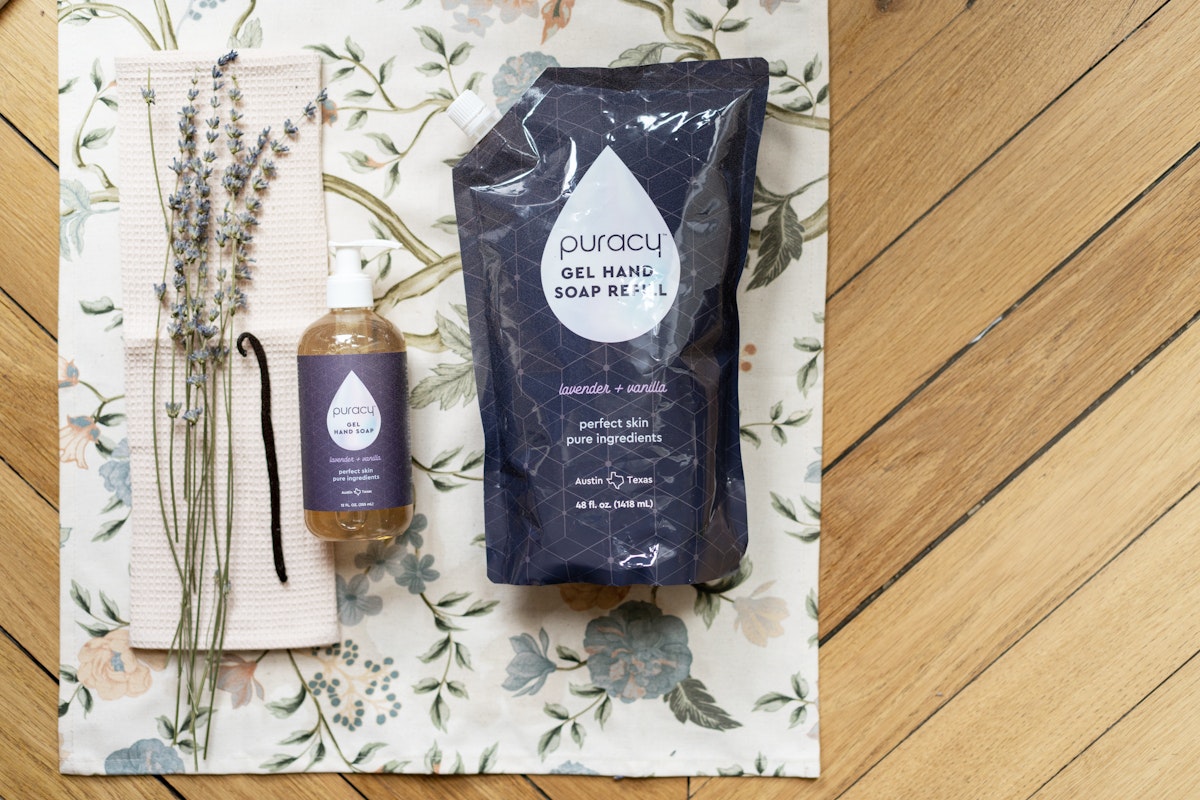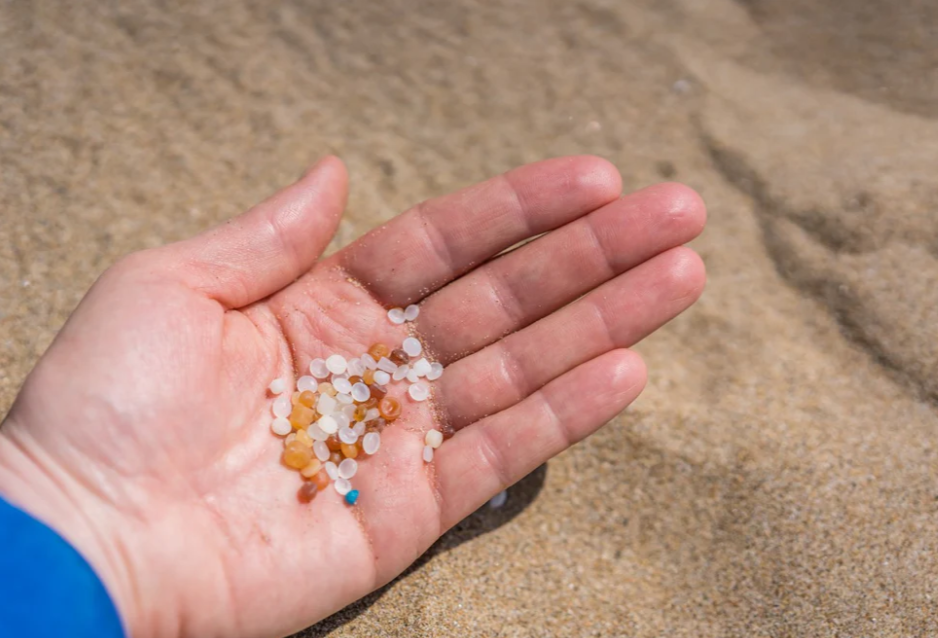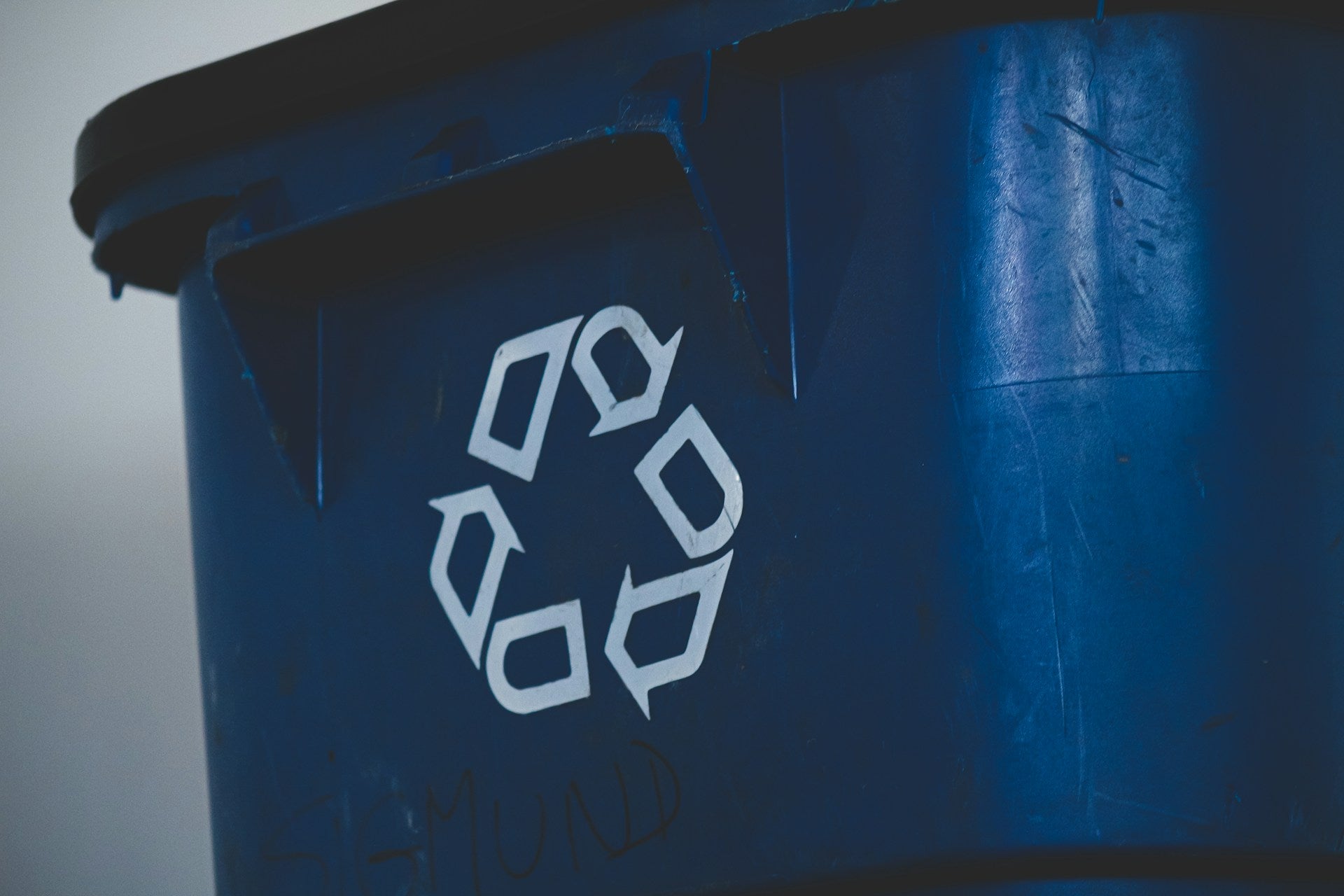
What Biodegradable Really Means
The term “biodegradable” has become a buzzword in the eco-friendly world, but it’s more than just a green-sounding label slapped on a bottle. It holds real significance, especially if you’re someone who cares about health, sustainability, and leaving a cleaner world for your children. Let's dive in and unravel the true meaning behind “biodegradable,” and why it’s a term you’ll want to look for when shopping for your household cleaning products.
- Pronunciation: /ˌbaɪoʊdɪˈɡreɪdəbl/
- Definition: capable of being broken down especially into innocuous products by the action of living things (such as microorganisms)
At its core, "biodegradable" means that a substance can be broken down by natural organisms—like bacteria or fungi—into natural elements like water, carbon dioxide, and biomass. Unlike materials that might stick around for centuries, biodegradable substances return to nature without causing harm or leaving behind toxins.
The Deeper Dive: Breaking Down “Biodegradable”
Now, let’s pick apart the word itself. The root, “bio,” comes from the Greek word “bios,” meaning life. Then there’s “degrade,” which means to break down into smaller parts. Combine them, and you've got a term that literally means “broken down by life.” It’s nature doing its thing—recycling materials through the magic of microorganisms.
A Quick History Lesson
The term “biodegradable” has been floating around since the 1960s, when environmental consciousness started to take root. Back then, people began to notice the downside of our modern conveniences—namely, that they weren’t going away anytime soon. Plastic, synthetic chemicals, and other human-made materials were piling up, and the environment was taking a hit. That’s when the need for biodegradable alternatives started gaining traction.
Benefits of Biodegradable Materials to the Environment

Biodegradable products break down, often within a few months to a few years, depending on the material and environmental conditions. This breakdown means fewer landfills brimming with waste, less pollution, and a healthier planet overall.
Applications of Biodegradability
Product Packaging
Ever feel a pang of guilt when tossing out plastic packaging? You’re not alone. But with biodegradable packaging, that guilt can take a back seat. This packaging breaks down into natural elements, reducing the waste that clogs up our oceans and landfills. Think of it as nature’s way of taking out the trash.
Product Formulation and Development
Biodegradability isn’t just about the packaging. The very ingredients in your cleaning products can be biodegradable too. These ingredients—often derived from plants—ensure that once you rinse them down the drain, they won’t linger in the environment, causing harm. Instead, they’ll naturally decompose, leaving nothing but clean air and water in their wake.
Medicine
Yes, even the world of medicine is getting in on the biodegradable action! From drug capsules that dissolve harmlessly in the body to biodegradable sutures, the medical field is finding ways to reduce its environmental footprint.
Everyday Household Items
Look around your home, and you might be surprised at how many biodegradable products are now available. From dish soap to trash bags, companies are finding ways to create products that don’t outstay their welcome on this planet.
Synonymous Terms
Sometimes, it helps to think of similar terms to get a full grasp of what “biodegradable” encompasses. Here are a few synonymous or closely related terms:
- Compostable: While all compostable items are biodegradable, not all biodegradable items are compostable. Compostable materials break down in a compost environment and leave behind nutrient-rich soil, or humus.
- Degradable: Degradable materials break down, but unlike biodegradable materials, they may not do so through natural processes or may leave harmful residues behind.
- Eco-friendly: This is a broader term that can include biodegradability, indicating that a product or practice is not harmful to the environment.
- Sustainability - Biodegradability plays a crucial role in sustainability. It’s about ensuring that the products we use today don’t harm the planet for future generations. It’s part of a bigger picture, one where we live in harmony with our environment, reducing waste and conserving resources.
Key Takeaways
Understanding what “biodegradable” really means can make a world of difference—not just for you and your family, but for the planet too. By choosing products that naturally return to the earth, you’re not just making a healthier choice for your home; you’re also playing a part in a larger movement towards sustainability. It’s a small step that adds up to a big impact, especially when more and more of us make it a habit.
